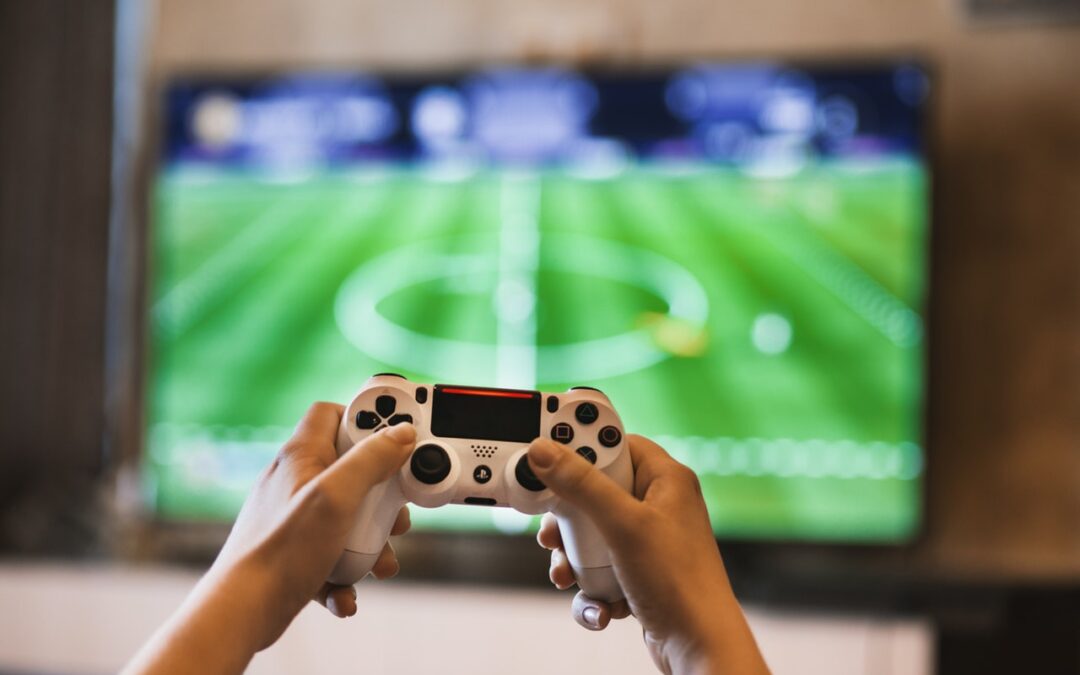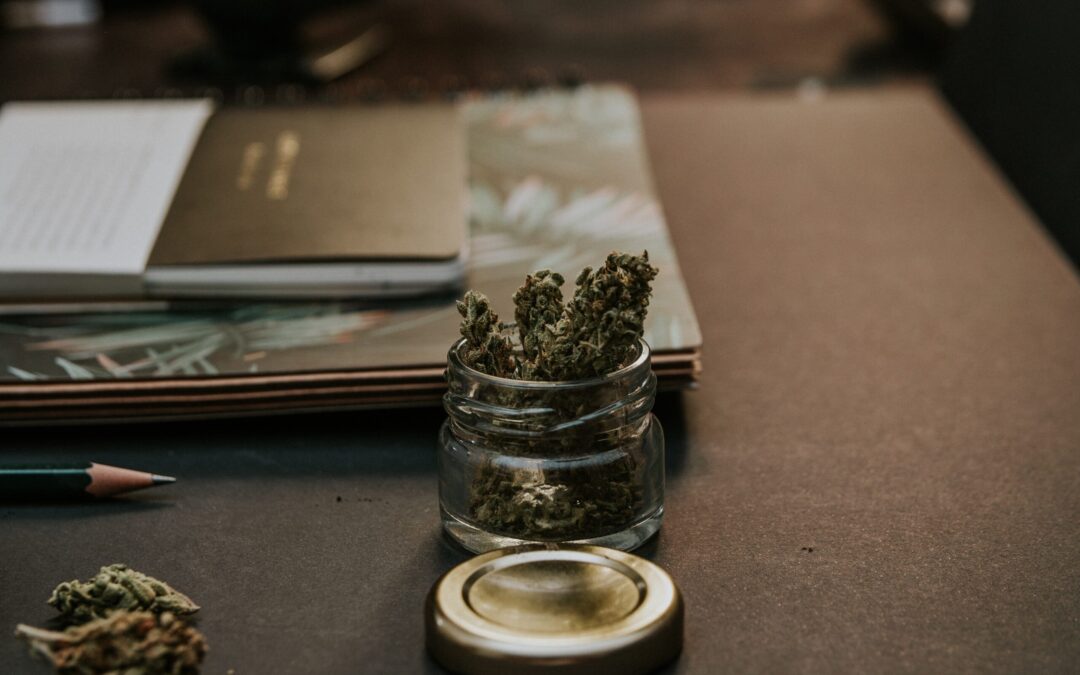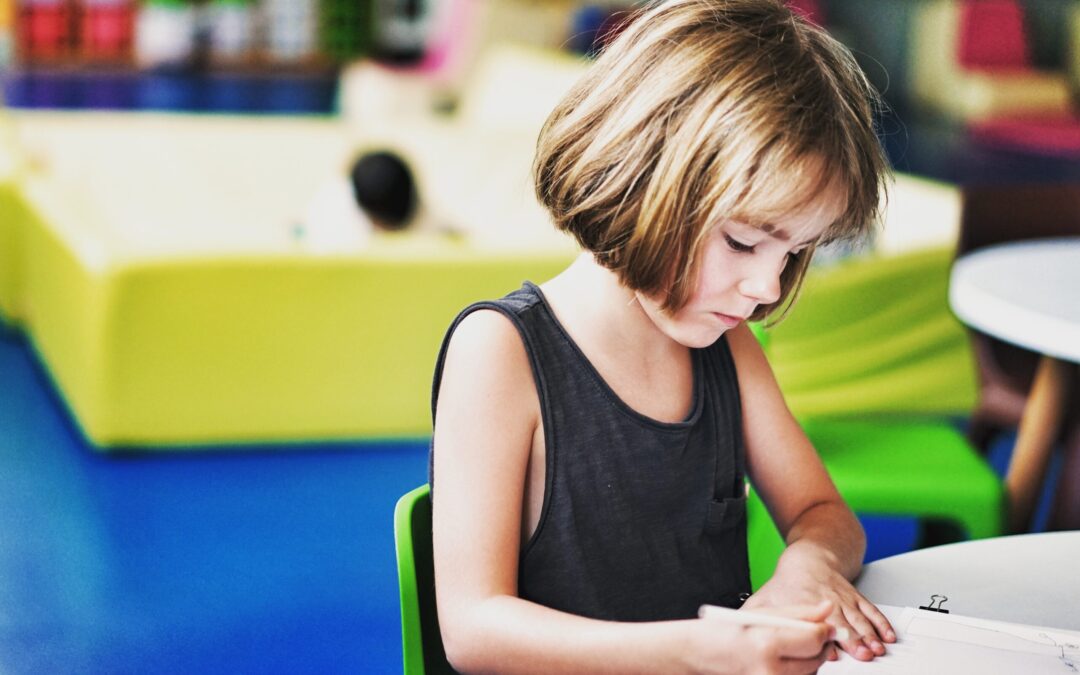
by The Children's Treatment Center | Jun 10, 2019 | General
Watch a presentation on the Phenomenon of Gaming and It’s Relationship to Anxiety and Depression presentation by Carolyn Rubenstein, Ph.D. and Gabrielle Avery-Peck, Ph.D. from the Center for Treatment of Anxiety and Mood Disorders at the ADAA Conference...

by The Children's Treatment Center | Jan 23, 2018 | General
As of this blog post, 30 states, the District of Columbia, Guam and Puerto Rico have all approved the broad use of medical marijuana. In addition, several other states allow limited medical use and 8 states (plus the District of Columbia) allow recreational use of...

by The Children's Treatment Center | Aug 14, 2015 | General
It’s hard to believe it but it’s that time again: schools are welcoming back students all across the country. The summer weeks have passed and parents everywhere are stocking up on school supplies while their children pick out their favorite lunch boxes. For many...

by The Children's Treatment Center | Jun 10, 2015 | General
For many people, memories of going away to summer camp are some of the fondest they will ever have. Camp provides the opportunity to make new friends and share new adventures. When your child is going off to camp for the first time, however, fear of separation can...





